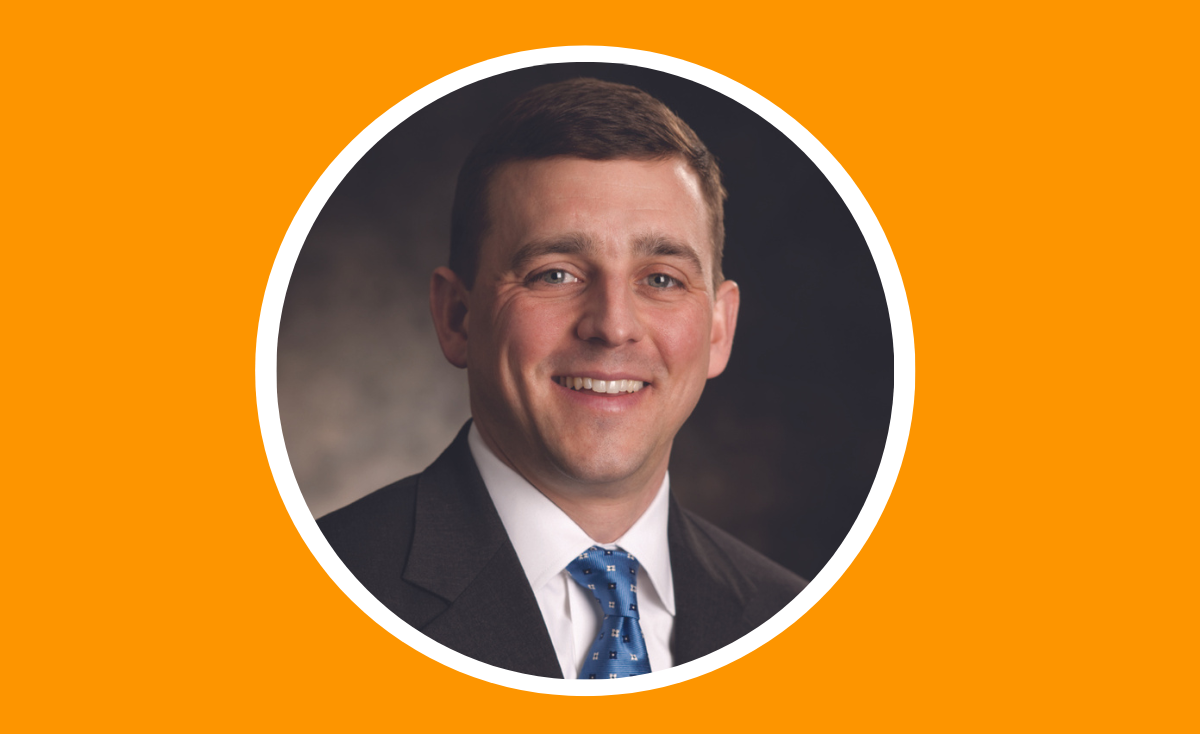
The rapid changes post-pandemic and after the Russian invasion of Ukraine – which upended the global economy – saw the markets enter a period of volatility and change, says Aaron Diefenthaler, Chief Investment Officer, RLI Company. This volatile time has meant complexity and uncertainty circulating throughout the industry.
In a recent Clear Path Analysis report, “Institutional Fixed Income, North America 2022”, several senior industry players – including Diefenthaler – spoke about the trends in the market and what challenges and opportunities they were seeing.
He said that the market was at one of its most complicated moments in recent history.
"In the US, it’s our view that inflation may gradually move toward
the Federal Reserve’s 2% goal over the year."
Diefenthaler was asked what stood out as the most significant changes he’s seen throughout his career and how these compared to the near-unprecedented volatility experienced in 2022, which has carried into this year.
“If you look back at the last 20 to 40 years, we have been in this bull market in bonds as fixed income investors, and we have seen a change in that [over the course of 2022],” said Diefenthaler. “The question for our industry is whether this is a temporary blip in this cycle or are we turning toward a bear market in bonds over a longer horizon.
Diefenthaler listed inflation, restrictive monetary policy, and rapidly slowing growth as some of the key themes for fixed income markets in 2023. “In the US, it’s our view that inflation may gradually move toward the Federal Reserve’s (Fed) 2% goal over the year. They add that core goods inflation has already made enormous progress over the course of 2022, driven by a softening in used auto, apparel, and furnishings prices.
Diefenthaler said the industry was at a tipping point not only in the US but also globally. “This is a more difficult environment to navigate when you have been on one side of this market for a long period of time,” he said.
Many key players in the fixed income market are saying it will experience upsides in 2023, too. Wellington Management’s Fixed Income Portfolio Manager Rob Burns said that he “expect[s] there to be numerous relative-value opportunities for fixed income investors to judiciously add credit risk at potentially wider spreads in 2023.”
However, he added that if managers maintain slightly below-average risk profile, above-average liquidity to balance the deteriorating macroeconomic background, and challenging liquidity conditions, they can still succeed.
“Offsets to recessionary scenarios include the industry’s strong liquidity
position and cashflow matching of assets and liabilities.”
While some claim that fixed income could see a difficult year in December 2022, Fitch Ratings suggested that the fixed income proportion of insurers investments – largely US life insurers, which are some of the largest by cap – would be safe from much of the market volatility in 2023 due to rising rates – and were in fact still going to be far more beneficial to a portfolio.
“Investment portfolios of Fitch-rated life insurers are largely comprised of stable, high-quality investments, with fixed income securities making up the bulk of invested assets,” it said, which could buffet the market woes. “Offsets to recessionary scenarios include the industry’s strong liquidity position and cashflow matching of assets and liabilities.”
Both Diefenthaler and his fellow participant in the chat – former Chief Investment Officer at AEGIS Insurance, Rip Reeves – said they saw significant complexity in the fixed income market becoming ever more challenging in 2023, which could mean added difficulties for investment teams at insurance companies.
“The path for complexity is one way and is on the same trajectory that it has been on for a long period of time. If you were to ask this question five to 20 years ago, you would come up with the same answer: yes, the world is more complex today than it was at some point in the past,” Diefenthaler said.
He added that the industry must also has the technology and support to adequately face this issue. “The external management world has been good on coming up the curve in helping asset owners with the complexity of the environment. Whether this is through helping to educate our management teams, investment committees, helping us with transparency in more complex situations such as Limited Partner (LP) type of investments,” he said.
“You need the perspective that the world will continue to get more complex even from where we sit today and so you have to be ready to meet those challenges in the future,” said Diefenthaler.
Because the pace of market change is rapidly accelerating, participants also need to learn to deal with things quicker, Diefenthaler added.
“It would be easy as an asset owner to just live in your world and deal with the issues and liability structure that you have, [but] in order to cope with this complexity and for the coordination between these various groups, all of us need to be open to reaching out and broadening a network of resources outside of our given firms.”
"Being open to keeping a network of individuals who are facing these same challenges and coming up with solutions makes this process more efficient."
To do this, he suggested leaning more on the tools, technologies, and resources available, which are also evolving – however, the speed of this change could be a challenge.
To move forward, he suggested that stakeholders reach out to their communities and take advice from peers. “There is a group of other insurance CIOs who discuss topics as we all face the same challenges,” he said.
“At the forefront, being open to keeping an active network of individuals who are facing these same challenges, trying to meet them, and coming up with solutions makes this process all the more efficient. You will uncover some things in this journey that, if you were living solely in your own world, you otherwise would not.”